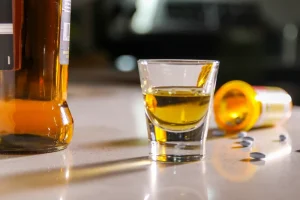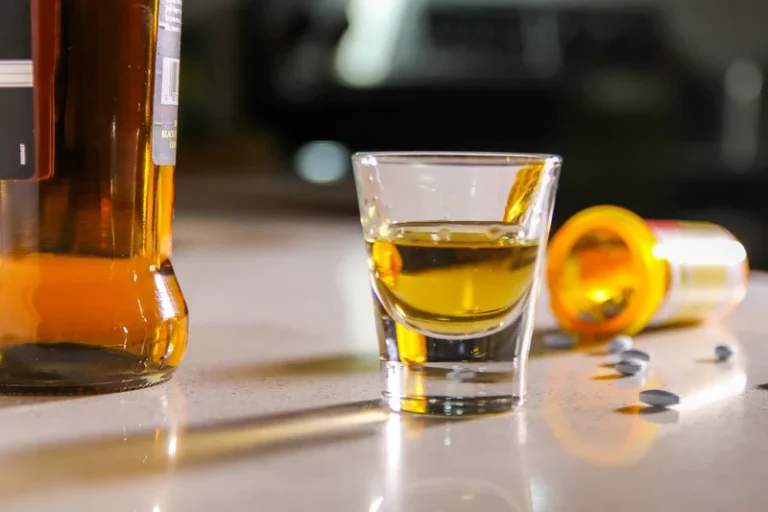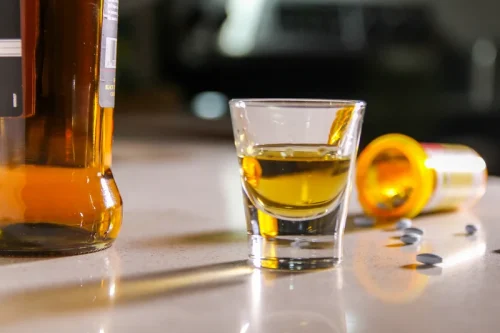
It requires making changes to your lifestyle, learning coping skills, and getting support from people herbs to curb alcohol cravings who understand what you’re going through. Treatment should include both individual and group therapy as well as the use of medications if needed. Herbal teas such as chamomile, valerian root, lavender, and passionflower are especially helpful in reducing anxiety and helping you relax without consuming alcohol.
Find a Treatment Program for You

Lower activity in the NAc is linked to fewer cravings and a lower chance of relapse, making it a key focus for treating AUD. It has been a stressful week at work and you feel like you need a booze fix. You call your friends, ask them to meet you at the nearest bar to unwind and have some drinks. Within a few hours you’re laughing with them and chugging down bottles of beer until the wee hours of morning. It’s all fun until you wake up with a hangover and regret every single ounce of alcohol that entered your body. You drink water, flush the alcohol out of your system and you’re back to being sober.
Who Are You in Recovery
Herbs can help to reduce alcohol cravings and make it easier to stop drinking. Here we’ve mentioned some useful herbal remedies to decrease alcohol cravings. Support groups like Alcoholics Anonymous (AA) or SMART Recovery can provide valuable social interaction and emotional support as you work towards sobriety. These groups are typically led by individuals who have gone through similar experiences and understand the challenges of quitting drinking naturally. Getting enough sleep is essential for overall health and can also help reduce stress levels. When you’re trying to quit drinking naturally, it’s important to prioritize getting enough restful sleep each night.

Ambien & Liver Problems
- By identifying these benefits and keeping them in mind as you work towards sobriety, you’ll be more motivated to stay on track and achieve success in quitting drinking naturally.
- Any given supplement for alcohol cravings may have unintended effects on you.
- Similar to ashwagandha, holy basil may help alleviate anxiety from alcohol withdrawal.
- If most of your social circle revolves around drinking, it may be helpful to seek out new friendships with individuals who share your interests but don’t drink.
- Replenishing liquids can help your body and electrolytes stay balanced.
Passionflower can help to calm the mind, lift your mood, and help you to resist your cravings. Many alcoholics give up during the detox process because of the severity of the symptoms. Angelica is a diaphoretic and anti-inflammatory herb that can help ease some of the symptoms of alcohol withdrawal. Angelica can help reduce cravings, prevent nausea and ease headaches. Assessing your relationship with alcohol begins with a thorough examination of your drinking habits. Ask yourself how alcohol influences your social interactions, mental well-being, and physical health.
As a result, it may also improve your ability to make it through withdrawal. Inclusion of cayenne pepper in your diet helps in preventing alcohol craving, while improving your appetite. It can also be used to ease nausea and headaches you face during withdrawal. Some evidence suggests that taking magnesium supplements in recovery can help with liver function and depression, and it may lessen cancer risk. Because alcohol impairs the absorption and metabolization of vitamins, it can also cause deficiencies in important vitamins like A, B, C, D, E, and K.

Headed Home for the Holidays and Staying Clean
St. John’s works as a mild sedative to relax your nervous system and help to keep you calm. One of the compounds found in St. John’s Wort is called hyperforin and can help to lift your mood and reduce the symptoms of alcohol cravings. It has long been used as a traditional remedy for a variety of illnesses, including liver damage. Although research is ongoing, there’s some evidence that milk thistle can help reduce the symptoms of cirrhosis and chronic hepatitis. If you’re working on reducing your drinking, milk thistle can be one way to protect your liver from the damaging effects of alcohol. Taurine is an amino acid known to lower levels of acetaldehyde—a toxic metabolite produced when your body breaks down alcohol.
How do I handle social pressures when trying to quit alcohol?
Explore the riveting history of substance use, its societal impact, Sober living house and transformative legislation. Discover what Alcoholics Anonymous is, its impact on recovery, and how it influences other programs. Discover the transformative power of recovery words of wisdom, inspiring hope and resilience. Empower parents to spot warnings of negative effects using substances not effective with teens and ensure their safety. Demystify the acronym HALT for better emotional well-being and effective self-care strategies. Find a brighter tomorrow by starting with our compassionate team of medical professionals and recovery specialists today.
- Incorporating alcohol-free days into the week not only fosters self-reflection, it also provides clarity about the dependency on alcohol.
- Be mindful of withdrawal symptoms like shakiness, restlessness, and nausea, which may indicate alcohol dependence and require professional help.
- With the right mindset and support system, you can achieve your goal of living a sober life.
If certain environments, scenarios and places tempt you to drink, the simplest and most effective approach may https://ecosoberhouse.com/ be to avoid them, at least temporarily.

For example, journaling or talking with supportive friends can be really helpful in managing difficult emotions without using alcohol as a coping tool. Ginger is great for a spicy kick in your non-alcoholic beverages, helping to curb those cravings with its warmth and zing. As you begin to withdraw from alcohol, certain neurochemicals are suppressed, and that triggers the brain to demand more alcohol. It wants to reach homeostasis or the normal state of functioning. But the brain has been trained to need alcohol to function, so when it doesn’t have the chemicals it’s used to, it starts requesting alcohol.
Mastering Each Day in Staying Sober: One Day at a Time
This amino acid occurs naturally in the body and many protein-rich foods, and is a building block for some of the brain chemicals that regulate anxiety and depression. Caring for your whole self as you overcome alcohol addiction is critical to lasting success. Restoring your body’s nutrient levels after quitting alcohol can benefit both your physical and mental well-being. This contributes to greater stability in recovery, making it easier to stick with sobriety. Because those who struggle with alcohol often have nutritional deficiencies, a zinc deficiency is possible, and supplementation can be helpful. Zinc may also help reset some of the glutamate brain pathways that are overly active during alcohol withdrawal, thus possibly helping alcohol withdrawal symptoms.



Leave A Comment